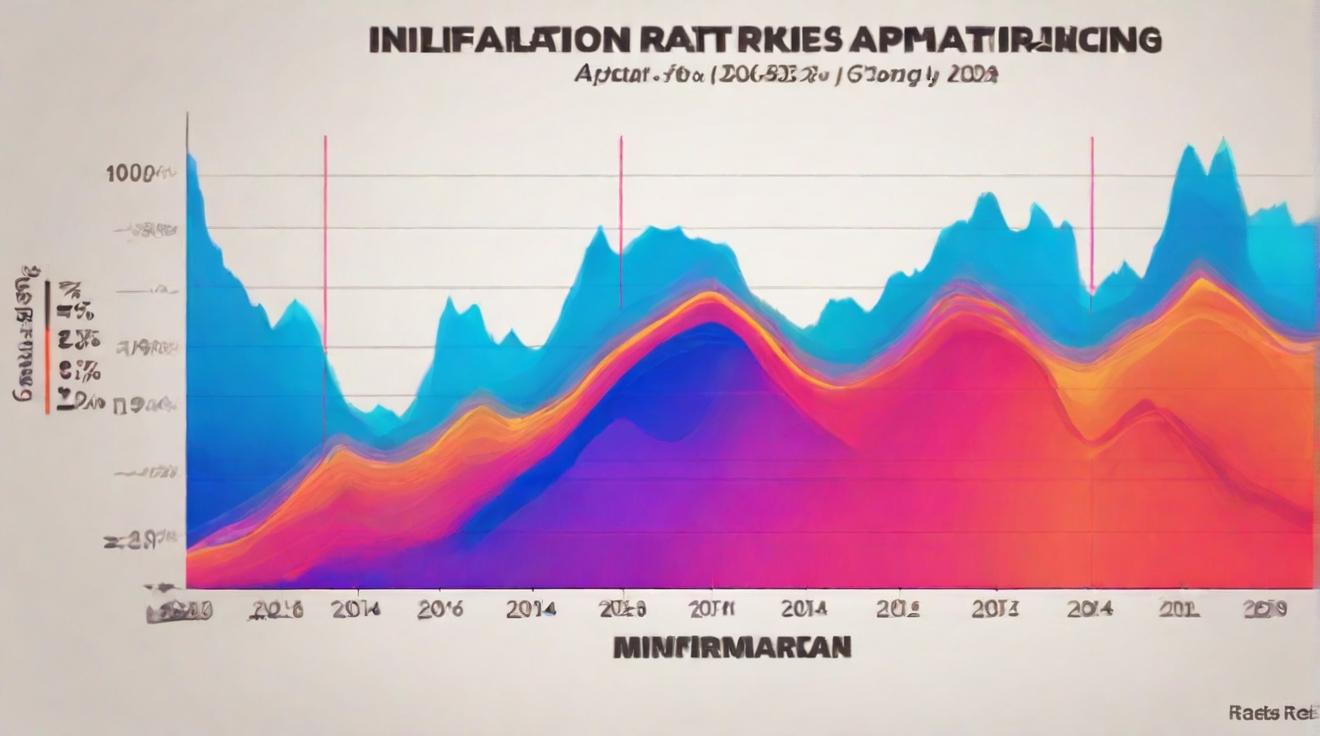Microsoft's Landmark Report Exposes AI Misuse by State-Backed Hackers
In a groundbreaking disclosure, Microsoft has shone a light on a disturbing trend: state-sponsored cyber threats leveraging artificial intelligence (AI) tools to bolster their espionage efforts. The report details how entities from Russia, China, Iran, and North Korea are utilizing AI technologies from OpenAI, a partner in which Microsoft has invested heavily, to refine their cyber-espionage tactics. This revelation has sparked a heated debate on the misuse of AI, urging a reevaluation of security measures and ethical AI development.
AI in Cyber-Espionage: A Growing Concern
The utilization of AI-based large language models by state-backed hackers marks a significant evolution in cyber-espionage tactics. These models, capable of generating human-like text, have been deployed to create more sophisticated phishing campaigns, thereby elevating the threat level posed by these malicious actors. Microsoft's report specifically calls out the involvement of Russian military intelligence, Iran's Revolutionary Guard, and the governments of China and North Korea in these nefarious activities, highlighting the dual-use nature of AI technologies.
The Risks and Responsibilities of AI Innovation
Microsoft's findings have raised critical questions about the potential for AI misuse in cyberattacks and disinformation campaigns. The tech giant's response—a ban on known threat actors from accessing its AI products—reflects a proactive stance against the exploitation of these technologies. However, this move also sparks a conversation about the responsibility of AI development and the imperative for access control. The incident stresses the importance of deploying AI responsibly and establishing robust mechanisms to prevent AI abuse.
Looking Ahead: Balancing Innovation with Security
The discourse surrounding this report emphasizes the need for a careful balancing act between fostering AI innovation and ensuring cybersecurity. There's a growing call for scrutiny of tech companies' policies on AI access and misuse, alongside a potential for international cooperation in promoting ethical AI development.
The revelation by Microsoft and OpenAI serves as a critical reminder of the challenges faced in managing advanced technologies against a backdrop of a rapidly evolving cyber-threat landscape. It underscores the essential role of responsible AI use and the necessity for collaborative efforts in safeguarding the digital realm against malicious exploitation.
This incident not only puts the spotlight on the ethical and security implications of emerging AI technologies but also underscores the need for ongoing dialogue and action to mitigate the risks associated with AI in the wrong hands. As the global community grapples with these challenges, the importance of robust cybersecurity measures and ethical AI practices has never been more apparent.
Analyst comment
Positive news: Microsoft’s landmark report on AI misuse by state-backed hackers sheds light on a growing concern and sparks a conversation about responsible AI development and access control. It highlights the need for a careful balance between AI innovation and cybersecurity.
Short analysis: The market for cybersecurity solutions and ethical AI practices is expected to grow as the focus on AI misuse increases. Tech companies may face scrutiny, but opportunities for collaboration and international cooperation in promoting responsible AI development may arise.













